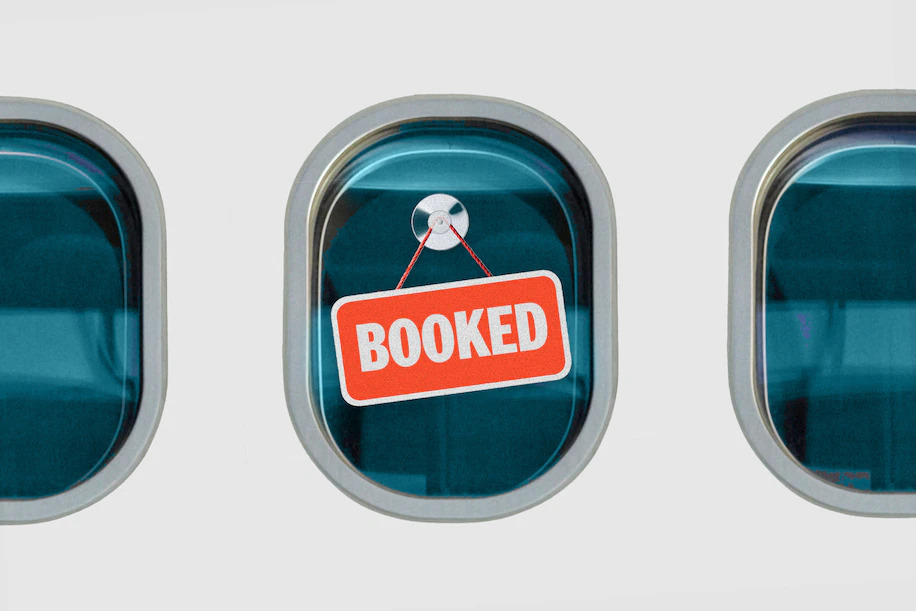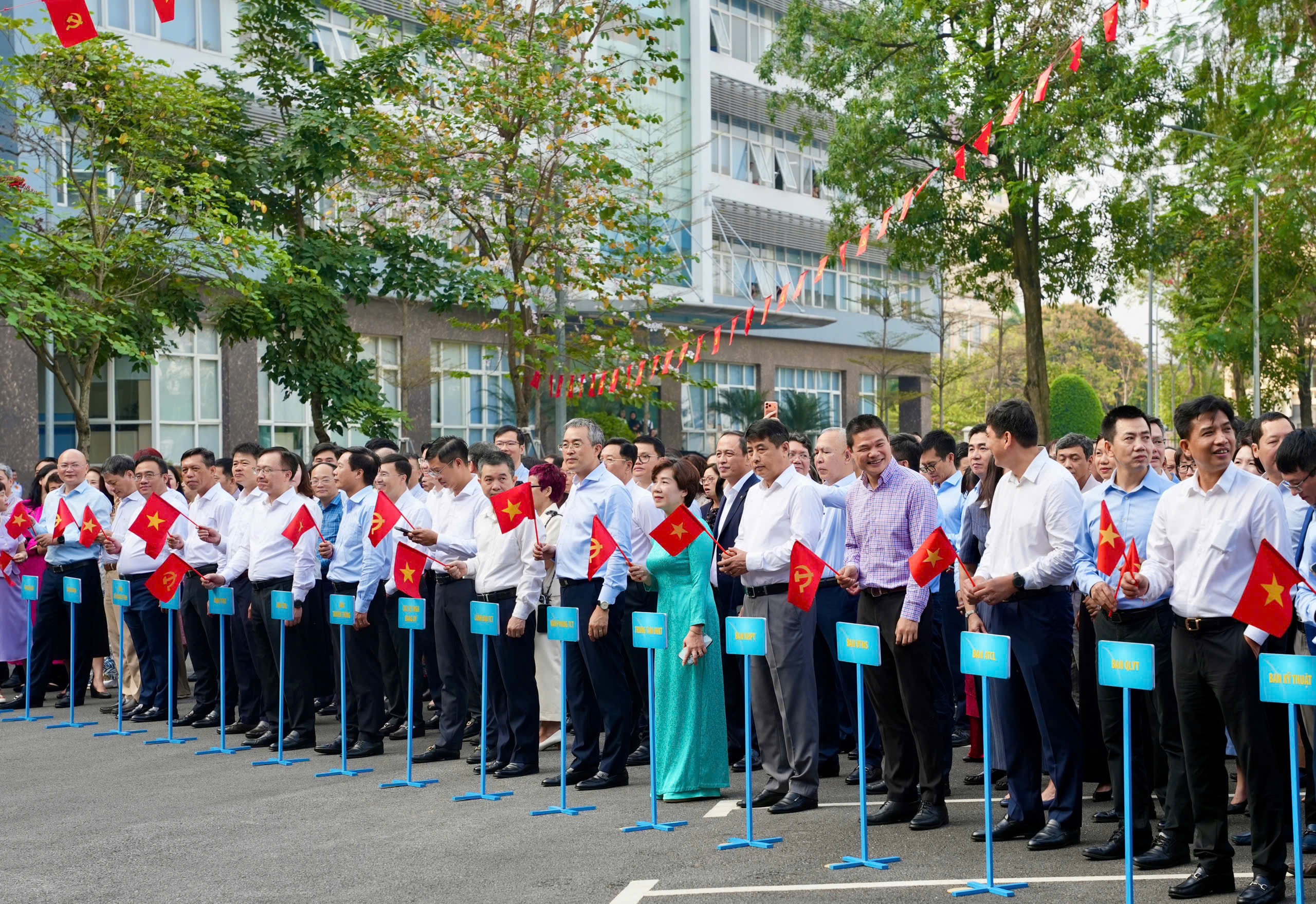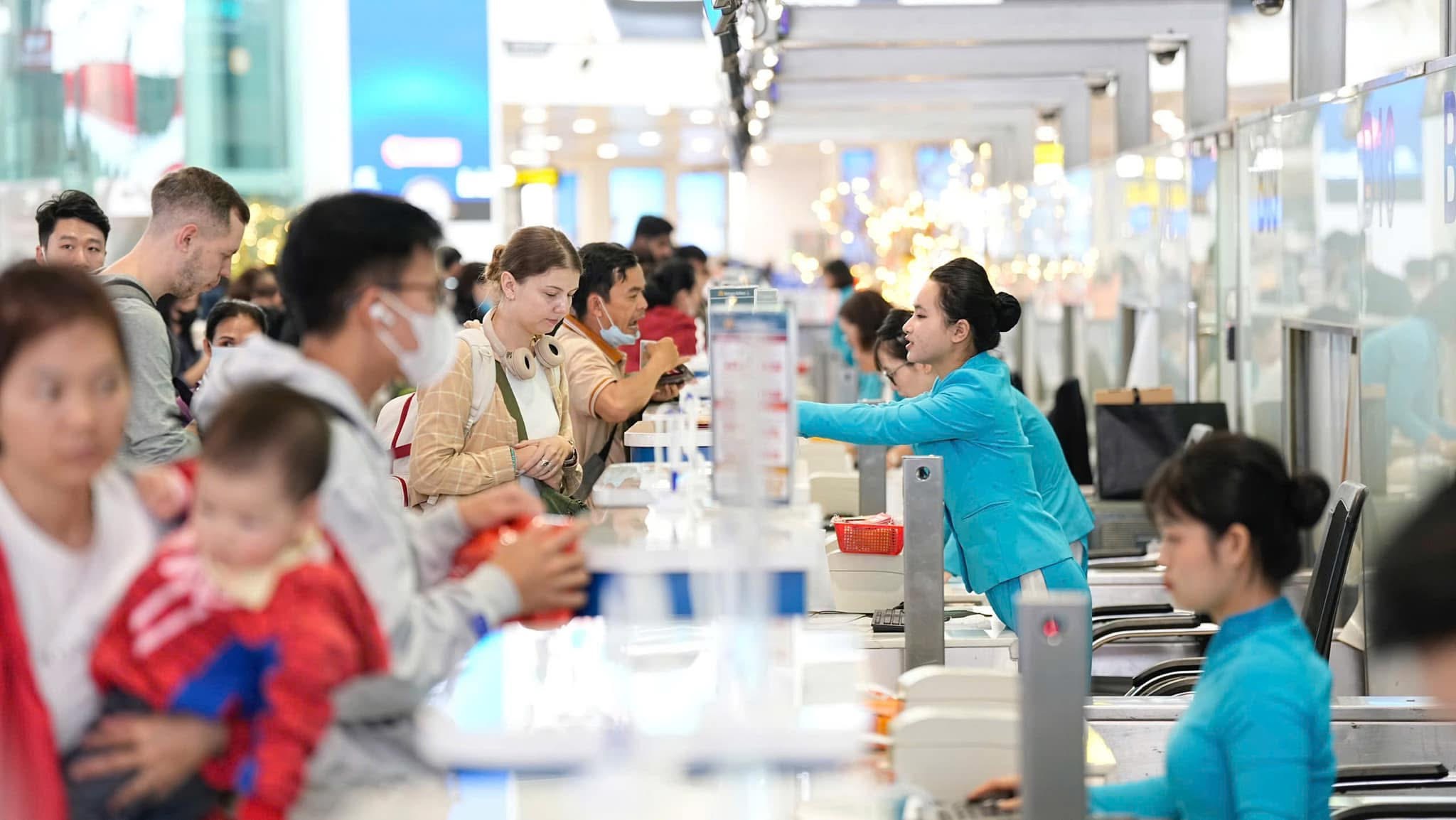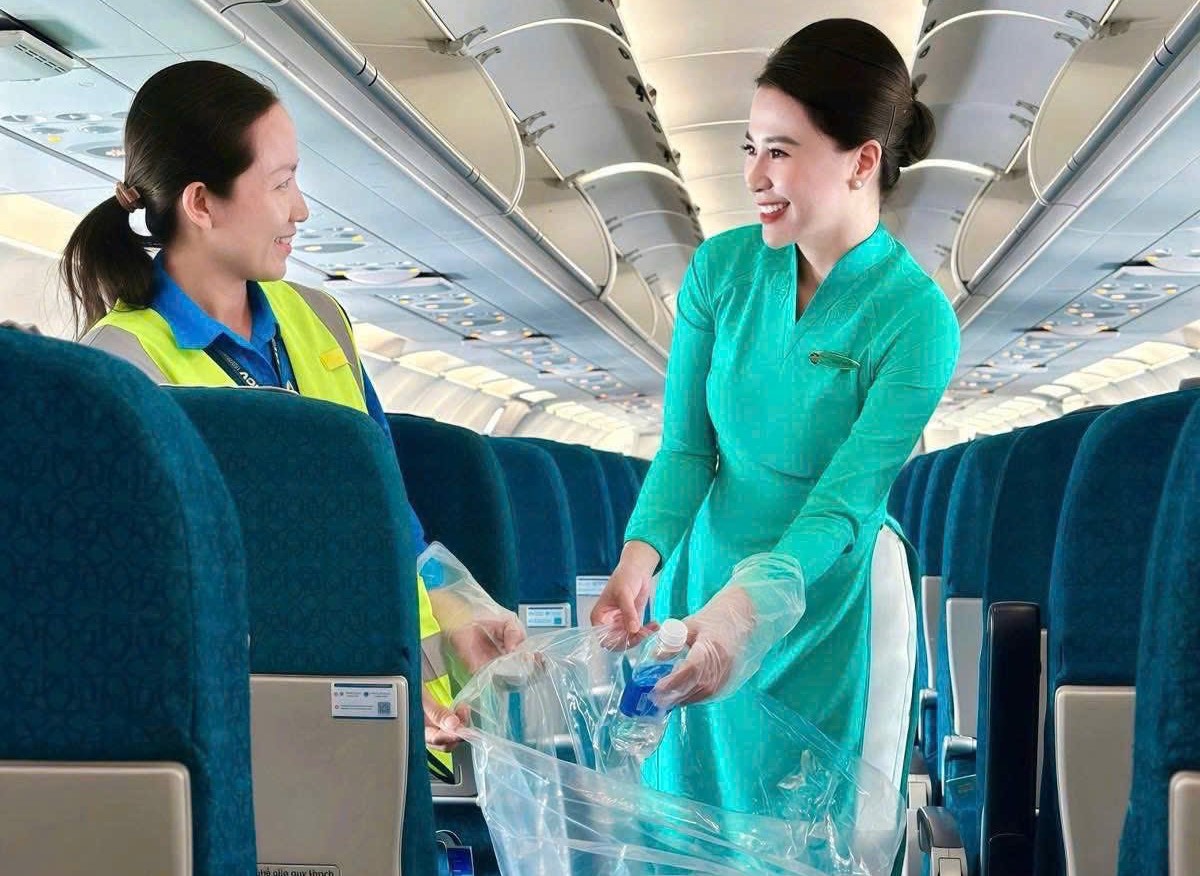Airlines beset by labor shortages have struggled to keep up with summer travel demand, leading to an unusually high number of cancellations, delays and disappearing luggage. More people are also getting bumped: According to a consumer report from the Bureau of Transportation Statistics, the rate of passengers who were involuntarily denied boarding in the first quarter of 2022 was 0.44 per 10,000 passengers, which is more than five times greater than the 2021 figure (0.08) and bigger than the pre-pandemic rate of 0.32 in the same period of 2019.
Flexible travelers can use these situations to their advantage. Passengers on a Delta Air Lines flight from Michigan to Minnesota reported the carrier was offering $10,000 for them to rebook. A few weeks ago, a woman on a flight from New York to Florida said she accepted a $3,000 offer from Delta to get off the plane.
If you were counting on getting to your destination on time, the bumping experience can be frustrating and confusing. Because the situation can be inevitable, we asked experts to explain why airlines ask passengers to sit out flights and what to do if it happens to you.

Overbooking leads some airlines to offer thousands of dollars to volunteers who are willing to reschedule. (Photo: iStock/Washington Post Illustration)
Why do airlines overbook flights?
Not all airlines overbook flights, but the ones that do are attempting to account for “no show” passengers. Not everyone who purchases a ticket will show up for the flight, lawyer and TikTok creator Erika Kullberg said, so the airlines oversell tickets and hope that they accurately predicted the percentage of missing customers.
Are airlines allowed to deny boarding if a passenger wants to fly?
The airline industry and the U.S. Department of Transportation refer to “bumping” as involuntary denied boarding. That means a passenger paid for a confirmed booking on a specific flight and was then told there was no space available on the plane.
“While this is problematic, it is an industry practice that dates back decades and it is allowed by the DOT,” aviation expert and consumer advocate William McGee said.
There could be other reasons for bumping, though. Sometimes, the airline wants to use a passenger’s seat to transport a crew member, an employee or a higher-paying VIP passenger.
Voluntary denied boarding happens when a flight is oversold, and the airline finds volunteers who are willing to opt into flying at a later time in exchange for money.
This situation typically turns into “reverse auction” — when an airline representative dangles increasing levels of compensation. “Broadly speaking, this system works and it generates very few complaints since consumers must agree to the terms in advance,” McGee said.
Do airlines have to pay passengers if they involuntarily deny boarding?
Unfortunately, there are circumstances in which the airline does not have to compensate the passenger. If there is an aircraft change or a weight and balance issue, for example, passengers aren’t entitled to money or credits.
You are eligible for compensation, however, if the flight is proceeding without an issue, you have a confirmed reservation, you checked into your booked flight on time, you arrived at the departure gate on time and the airline is unable to get you to your destination within one hour of your flight’s original arrival time.
Compensation is based on the length of the delay that the change causes to your arrival time, according to the Department of Transportation.
For domestic flights, passengers do not receive compensation if they’re delayed by an hour or less. For a delay between one and two hours, passengers are entitled to 200 percent of a one-way fare, but airlines are allowed to cap that payment at $775. For a delay that is two hours or more, passengers are entitled to 400 percent of a one-way fare (with a $1,550 cap).
How much money can passengers request for their seat?
The Department of Transportation does not set a limit on the amount of money or vouchers airlines can offer travelers for a voluntary denied boarding, and passengers are allowed to negotiate with the airline.
But airlines might have their own rules; a representative for Delta would not confirm to The Washington Post that it gave $10,000 payments to passengers in Grand Rapids, Mich. In 2017, Delta circulated a bulletin to staff that capped compensation at $9,950.
Airlines are required to tell passengers about any and all restrictions that may apply to their reduced-rate ticket, free ticket or voucher before passengers decide whether they want to give up their confirmed reserved space on the oversold flight.
What should you ask when you’re negotiating?
“Most things are negotiable, so it doesn’t hurt to ask,” Kullberg said of the compensation process. If the airline is offering you a voucher, for instance, you could ask for cash instead. For your rescheduled flight, you could ask to be upgraded to business class or first class.
“It’s ultimately about supply and demand,” Kullberg said. “If there are many people willing, then the airline doesn’t have to offer as much compensation.” If there aren’t enough volunteers, that’s when you see cases like the $10,000 offered, she said.
If your new flight assignment requires you to stay somewhere overnight, ask the airline to cover your hotel and meals. “It doesn’t hurt to ask as there is legally no limit on the amount of money airlines can offer for these volunteers,” Kullberg said.
Following a bumping incident, airlines are required to offer passengers compensation at the airport on the same day, according to the DOT. If passengers have to leave the airport, airlines are required to compensate them within 24 hours.
Cre: The Washington Post
Nguyen Xuan Nghia – COMM












